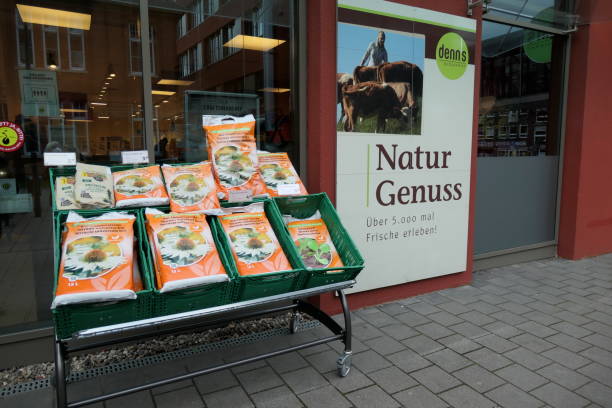Brandless, which launched this week in the United States, aims to disrupt consumer packaged goods. Each product is only $3, and there are more than 200 choices in food, beauty products, personal care, and home goods. The majority of products are marketed as millennial-friendly: they’re free from GMOs and organic. They may also be fair trade, gluten-free, or kosher. Shipping is $9 or free if you spend more than $72; an annual membership of $36 lowers this threshold to $48, and a $36 monthly membership reduces it further.
Brandless eliminates what it calls “brand tax” and focuses instead on providing high-quality products at fair prices. Brandless will focus its advertising on social media instead of television and print. The savings will be passed on to the consumers. The company will partner with Feeding America to donate meals for every order placed.
Brandless is a great example of the growing power of private-label brands. Millennials are less prone to be influenced by traditional advertising and branding. Trader Joe’s and Whole Foods 365, for example, have high-quality, private-label offerings. According to a 2016 report from the Private Label Manufacturers Association, in supermarkets, sales of private-label products reached 118.4 Billion dollars in 2015. This was a record-breaking amount.
The CPG industry faces its fair share of disruption. Brandless is testing the limits of the industry with a business model based on radically different values. Brands, whether they are successful or not, should be aware of all the factors that shape this new retail environment.


